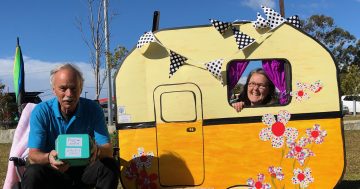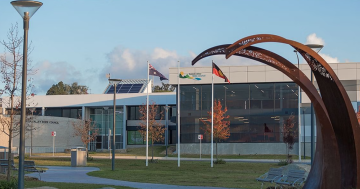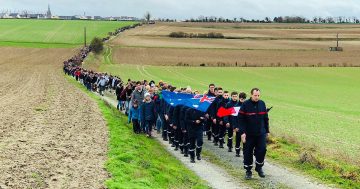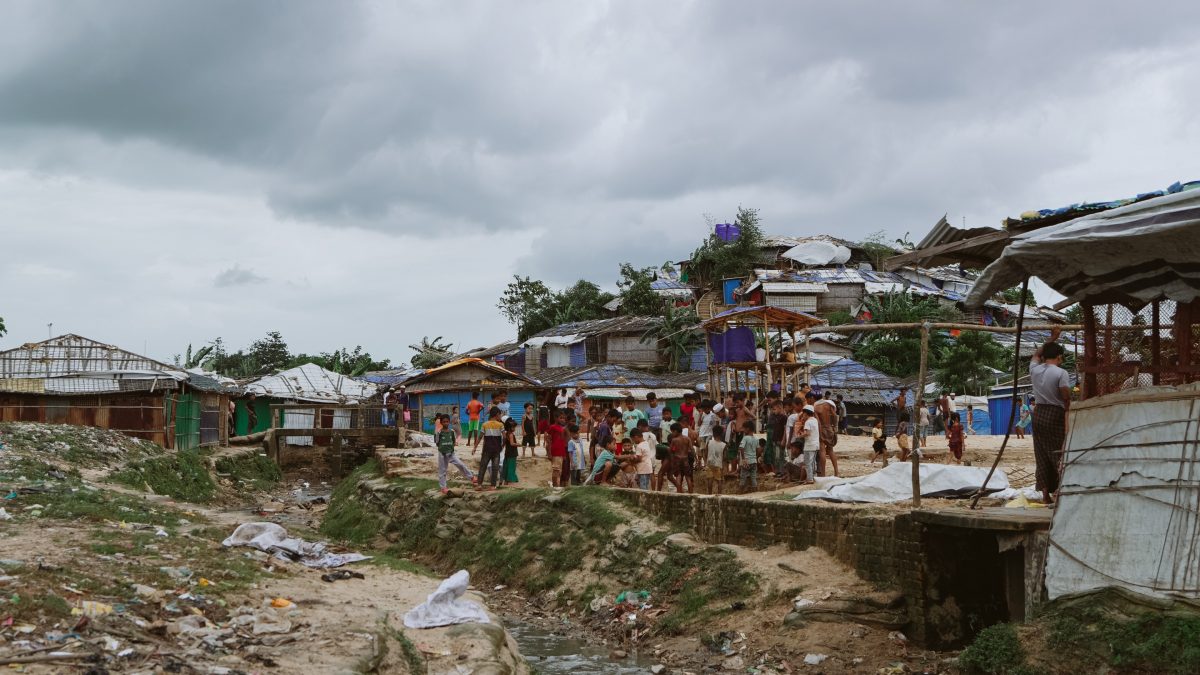
Kutupalong in Cox’s Bazar in Bangladesh is the world’s largest refugee camp. Photo: Victor Caringal, MSF 2023.
One million stateless Rohingya refugees, endemic malnutrition in Nigeria and a South Sudan hospital that is an eight-hour boat trip from the operating theatre. These are some of the conditions in which Medecins Sans Frontieres/Doctors Without Borders (MSF) deliver urgent medical care.
Bega-born Rhys Evans grew up in Cooma hearing MSF talking about genocide in Rwanda and Srebrenica. The Social Justice Advocates of the Sapphire Coast have invited Mr Evans and his MSF colleague Paul McPhun to speak at four Bega Valley schools, plus at Bega Uniting Church Hall at 6:30 pm on 2 August to raise funds and awareness about the plight of Rohingya refugees.
“I was told the most hopeless people in the world are Rohingya and the most hopeless situation is South Sudan,” Mr Evans said.
It is seven years since Bangladesh accepted 900,000 forcibly displaced Myanmar nationals. Cramped into bamboo and tarpaulin shelters, these Rohingya are not allowed to work or their children attend school and they are contained behind barbed wire. “They are denied returning to their home country because they are not recognised in Myanmar so they are stateless,” Mr Evans said.
Kutupalong in Bangladesh is the world’s largest refugee camp. Over the past six years more than US$1.6 billion has been spent on the camp’s infrastructure alone but it was always meant to be temporary.
Extended families with up to 15 members live in unbelievably cramped conditions. “The thing about Rohingya is they are torn between factors outside of their control,” Mr Evans said. “They do not want to be in this situation; they had homes back in Myanmar.”
Last year MSF helped deliver 5200 babies in the Rohingya refugee camps and delivered 628,000 medical consultations.
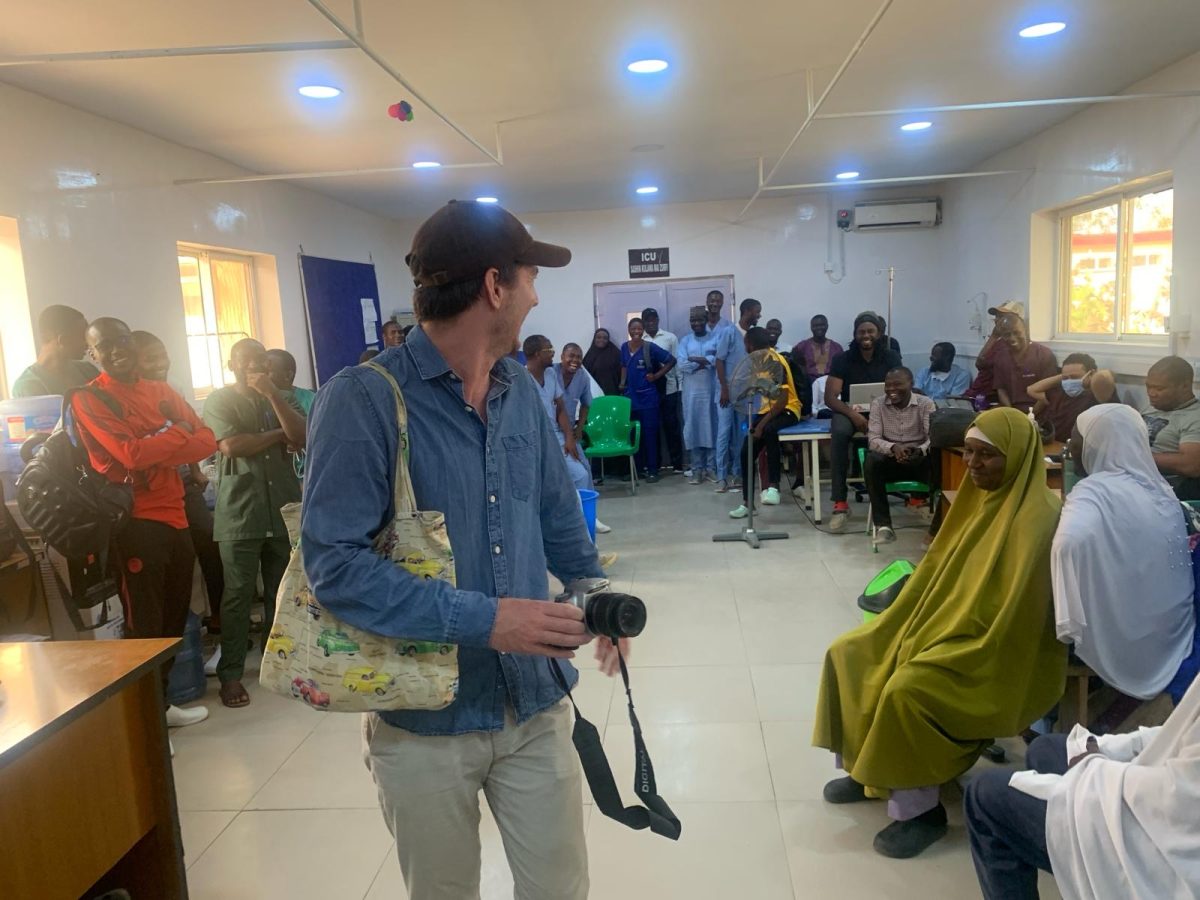
One of MSF’s facilities in Nigeria. Photo: Rhys Evans, MSF 2024.
Mr Evans described South Sudan’s situation as without hope because there is barely any infrastructure. The country formed in 2010 and was in civil war from 2013 to 2020. The last comprehensive census was in the 1980s. It is estimated 12 million people live there, fiercely competing for what little resources there are.
“Things we take for granted like a post office, reliable power, clean water or driving 10 minutes to a hospital are unimaginable in South Sudan,” Mr Evans said.
MSF’s hospital in Ulang has a catchment population of more than 190,000. “We offer maternity and paediatric services but if a caesarean is needed, for example, it is an eight-hour boat trip to our operating theatre in Malakal,” Mr Evans said.
Over the past several years, South Sudan has had very long flood seasons, so international aid organisations rely on boats, not planes and helicopters.
There is one university, one place to train to become a doctor and three training centres for nurses, yet people have hope.
Mr Evans met a young man who works in a pharmacy while studying politics at university so he can work in the United Nations. “They don’t frame their stories as difficulties. That is the way they grew up.”
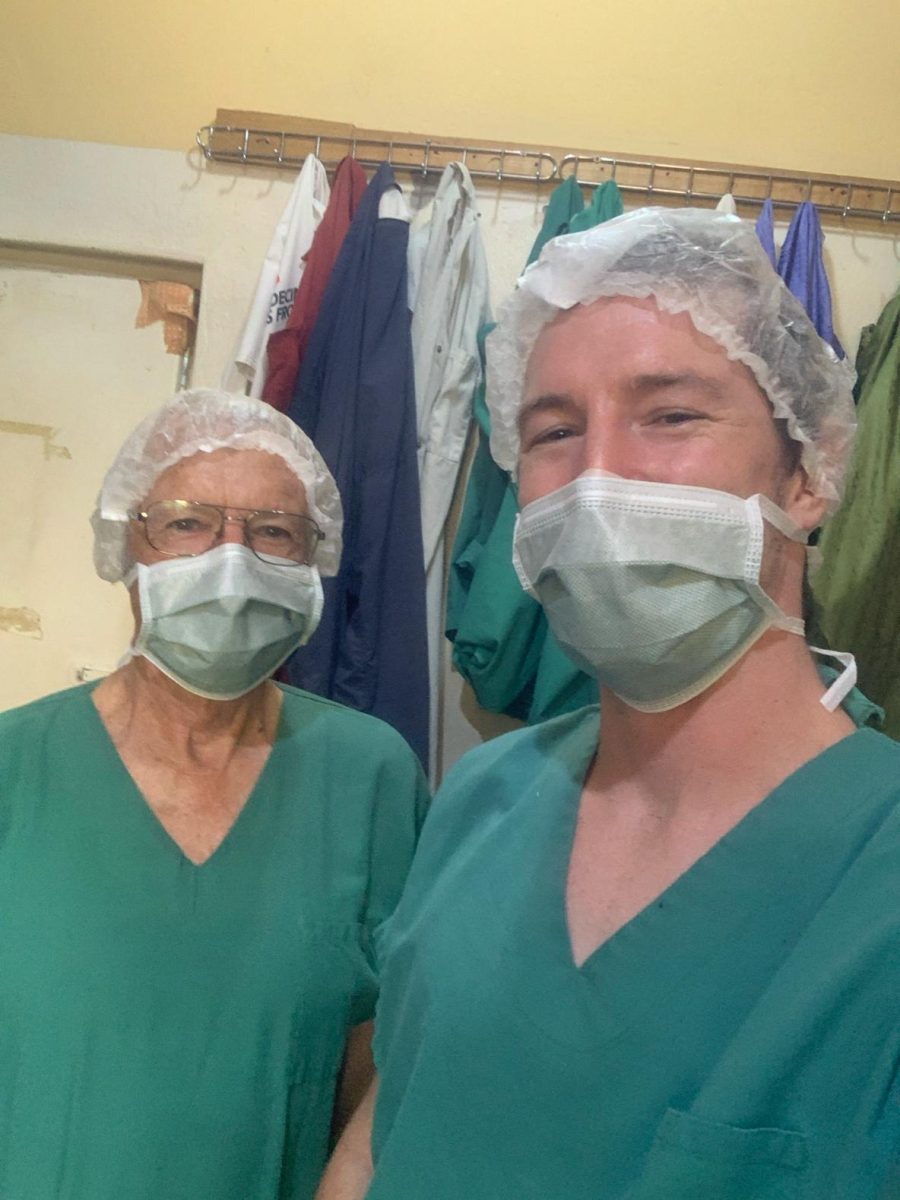
Some of the MSF staff in Nigeria. Photo: Rhys Evans, MSF 2024.
Earlier this year Mr Evans was in Nigeria where malnutrition has been catastrophic for three years amid climate change and conflict. Last year MSF treated 193,000 Nigerian children in out-patient feeding programs and 50,000 on feeding programs in hospitals. “Their prognosis was not good. They would likely not have survived outside a hospital.”
Education is needed too. A peanut farmer might sell 100 grams of protein-rich peanuts to buy a less nutritious 500 grams of rice and pasta.
As a Sydney-based fundraiser, Mr Evans finds it incredibly difficult to get anyone in the world to care about Nigeria because it is so distant and not in the news headlines.
When in Nigeria he met a local leader in Katsina. When the man learnt Mr Evans was from Australia, he said he had heard about the Black Summer bushfires and been upset that millions of animals had died. “It is incredible to think of someone so far away to be affected by our tragedy when Australians don’t even know of Nigeria’s challenges of malnutrition, banditry, violence and inflation,” Mr Evans said. “He had heard about our koalas.”
South Sudan is no different. “We can’t get people to pay attention to these stories or it falls into a morass of African stories,” Mr Evans said. “It is challenging; it becomes trivia.”
MSF offers emergency medical care while other organisations tackle systemic challenges like education, agriculture and development.
“We do urgent care,” Mr Evans said. “MSF is very focused. We drive the ambulances and treat the children and the mothers giving birth. That allows us to keep things very simple. We run hospitals and they are full.”







